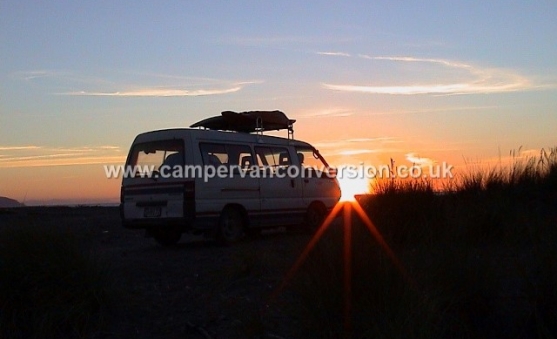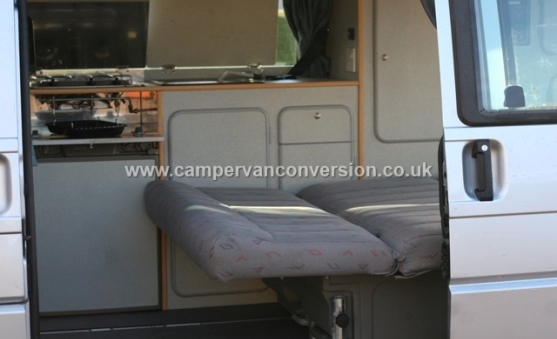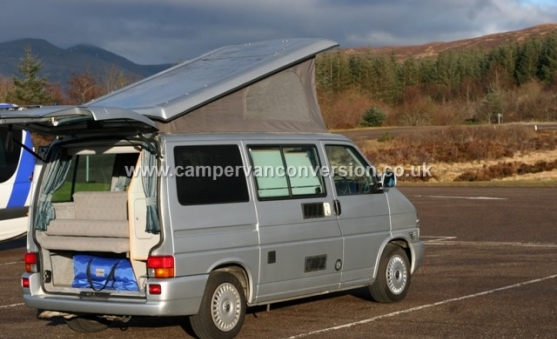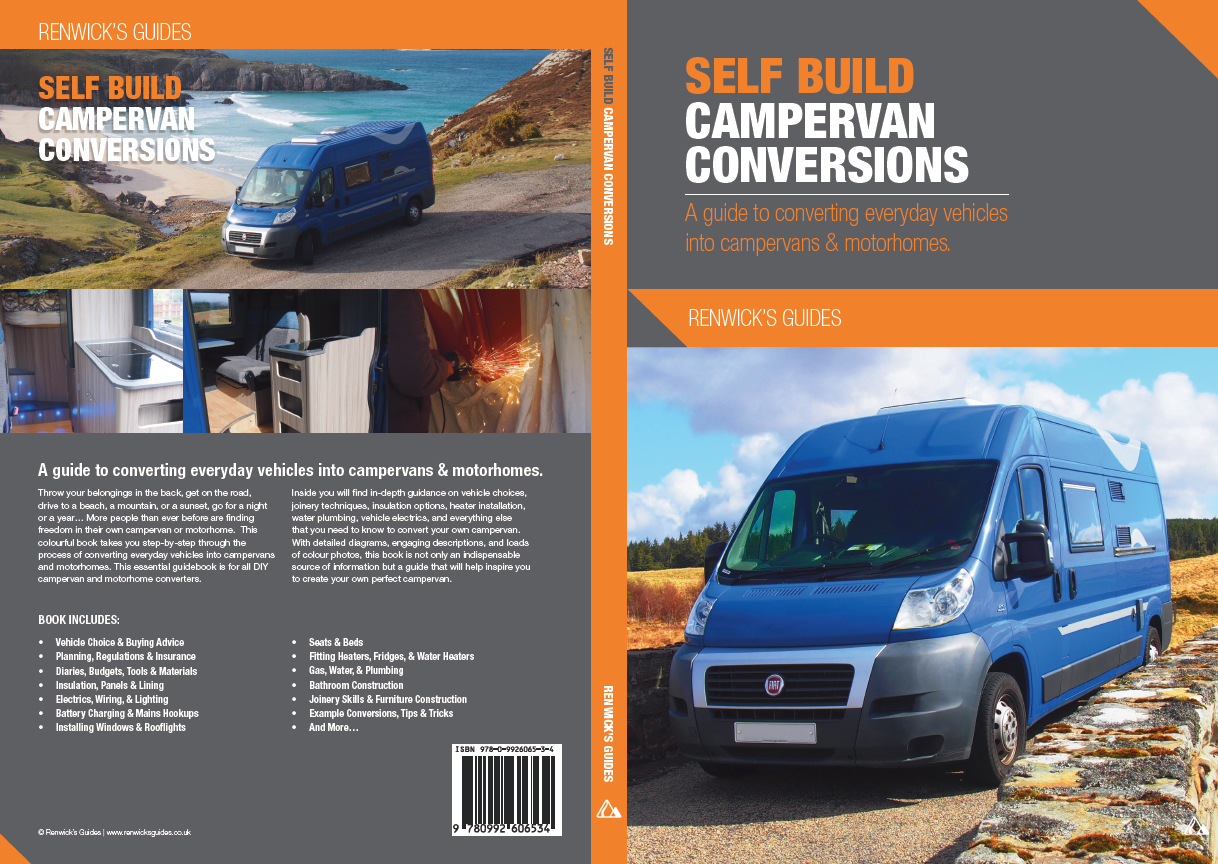3. Does my insurance need to be specialist?
If you have carried out a self-conversion project on a campervan you may think that just insuring it as a commercial vehicle offers the best solution. However, there are a number of reasons why gaining specialist campervan insurance is advisable.
Firstly, you must ensure that you do not unwittingly invalidate your van insurance policy by not telling them about some major change you have made to the vehicle. Your camper insurance policy must be for the vehicle that you've actually got rather than the vehicle that it was prior to all the work you've done – it seems senseless to carry out a huge amount of work converting your camper and then be driving it round effectively uninsured!
Secondly, by converting your van into a campervan you are likely to have changed the value of the vehicle – hopefully upwards! Certainly having put all that work in the campervan is going to be worth more to you now than it was before you started - so make sure your campervan insurance accurately reflects the new value of the vehicle.
Thirdly, and quite importantly, you are now quite likely to carry around an awful lot of valuable equipment in your campervan – your campervan insurance policy needs to cover all this ancillary 'stuff' – make sure the insurance covers not only the new fixed contents of your campervan including perhaps a heater, stove, expensive electrical appliances) but also all the personal kit you plan to travel with – this might well include all your clothing, cameras, laptop, and perhaps expensive sports equipment. Make sure you know whether items are insured when they are tied onto a roof rack – they are often not covered so if you are parked up somewhere and you're in any doubt, try to either lock things to the van using some sort of cable or even take items of the roof or bike rack and put them inside the campervan while you're away.










